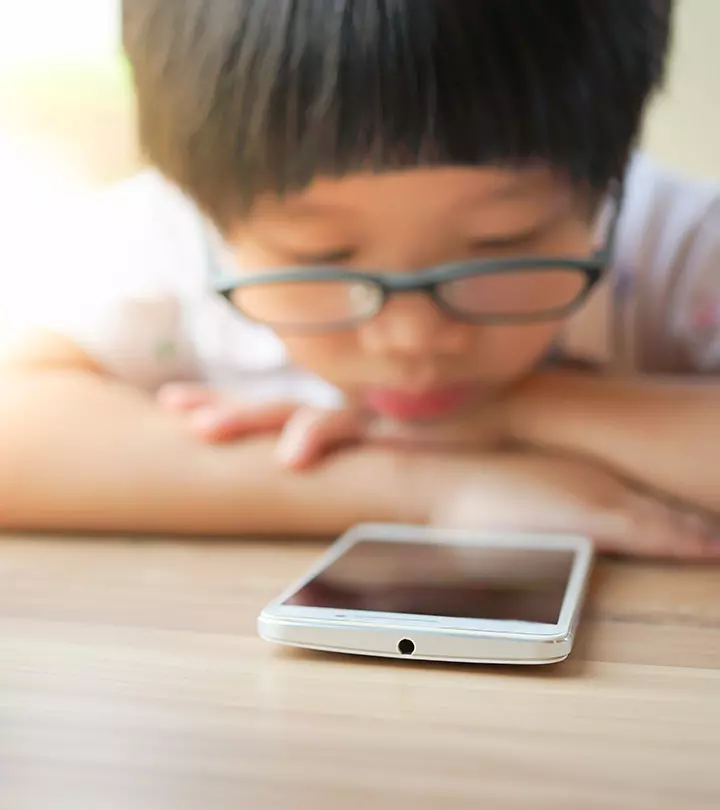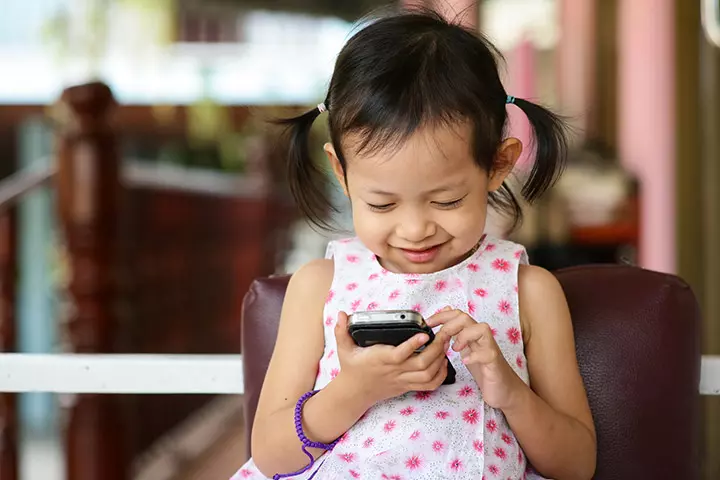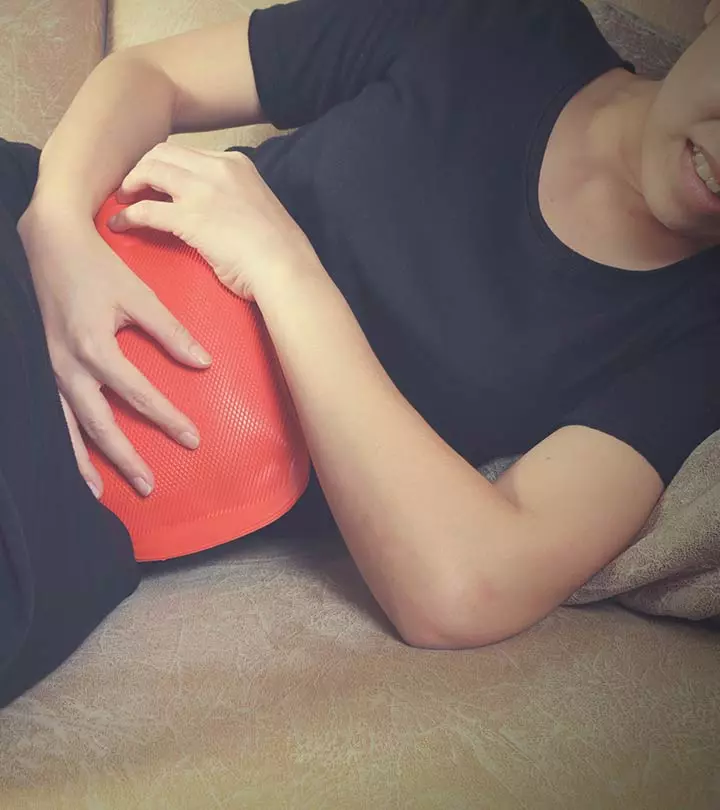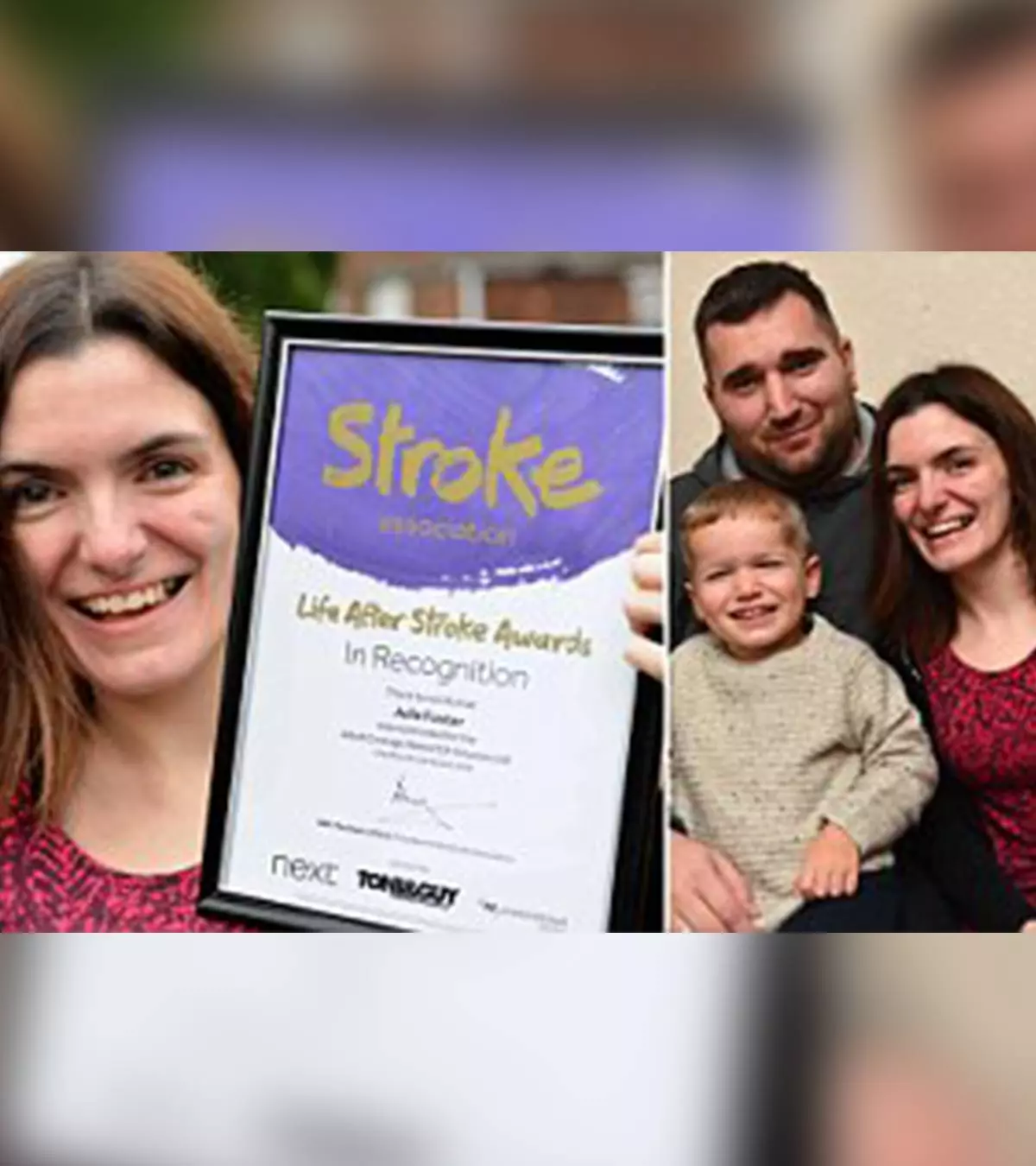

Image: Shutterstock
Screen dependency has been a ubiquitous problem of late, not only affecting the lives of developing children but the day-to-day activities of adults too. Hence, the premise of the critically acclaimed TV show Black Mirror. It exposes a dystopian world where we’re dependent on technology. Restricting time with a screen for children is essential, and some parents avoid screen time altogether. The American Academy of Paediatrics recommends a maximum limit of sixty minutes screen time for 2 to 5-year-olds (1). Anyone younger than that should probably avoid use technology use altogether.

A new study shows that young children got less sleep and were less focussed if they spent an excessive time with smart devices (2). This behaviour led to an extended sleep time during the day than at night, which is not conducive towards a healthy sleep cycle. The study has shown that for every quarter of an hour the child uses a smart device, they lose an hour of sleep. Definitely, not good returns on investment.
Another study found that the more time that a child spent on a smart device, the longer its speech would be delayed (3). Dr. Catherine Birken calls for more research in her statement to CNN (4). In fact, after all this research, it was given the name Screen Dependency Disorder (5).This order is closely associated with the newly discovered Internet Addiction Disorder.
We’ve all witnessed the behaviour of children these days; they’re the first to latch on to their devices and constantly stay in touch with them. Be it manipulating apps at the dinner table or only communicating through an app-based software.
Children who suffer from this disorder, also experience a variety of other symptoms such as weight loss or gain, insomnia, headaches, poor nutrition, eyesight problems, and poor nutrition. Additionally, emotions like anxiety, loneliness, guilt, and dishonesty can manifest themselves. There has been a marked increase in the self-isolation of those who suffer from this disorder, where they also experience mood swings, and agitation.
This condition can cause withdrawal symptoms (from using their devices) too. You might notice a dependent and addictive behaviour, or hear them lie about how long they spent on their gadgets. Kids might begin to lose interest in outdoor activities, and not refrain from using these devices despite constant warnings of their adverse effects.
Most parents should find these results alarming, as any child who cannot take part in the regular family time is distressing. A comprehensive report of his behaviour should be reported to his paediatrician. Your doctor has likely encountered this phenomenon in the past, and probably has some follow-up questions to help figure out the best course of action for your toddler.
Since gadget addition affects the brain like a drug or an alcohol problem, the brain might develop some structural differences (6). Children develop a lack of impulse control, cannot organise, plan, or prioritise. The part of the brain that is responsible for empathy and compassion for others gets affected as well.
Since this is a relatively new concept, it is important to not get too ahead of ourselves. True, there are a lot of downsides to using gadgets at such a young age; but it has also been said that the literacy of this century shall be one’s ability to manipulate technology, not one’s ability to write. So, by all means, encourage a pencil more than a smartpen, time with a face instead of FaceTime; do all the organic things you would’ve done for the previous generation but do not assume that this way is bad beyond repair.
References
- Screen Time and Children.
https://www.aacap.org/AACAP/Families_and_Youth/Facts_for_Families/FFF-Guide/Children-And-Watching-TV-054.aspx#:~:text=For%20children%202%2D5%2C%20limitabout%20and%20use%20parental%20controls. - Teens getting less sleep with rise of smartphones, study says.
https://www.cbc.ca/news/health/teens-smartphones-sleep-decrease-1.4379024 - Handheld screen time linked with speech delays in young children.
https://www.sciencedaily.com/releases/2017/05/170504083141.htm - Letting a baby play on an iPad might lead to speech delays, study says.
https://edition.cnn.com/2017/05/04/health/babies-screen-time-speech-delays-study/index.html - Aric Sigman; (2017); Screen Dependency Disorders: a new challenge for child neurology.
https://jicna.org/index.php/journal/article/view/jicna-2017-119 - Internet addiction affects the brain ’like a drink or drug problem.’
https://www.telegraph.co.uk/technology/internet/9009125/Internet-addiction-affects-the-brain-like-a-drink-or-drug-problem.html
Community Experiences
Join the conversation and become a part of our nurturing community! Share your stories, experiences, and insights to connect with fellow parents.















